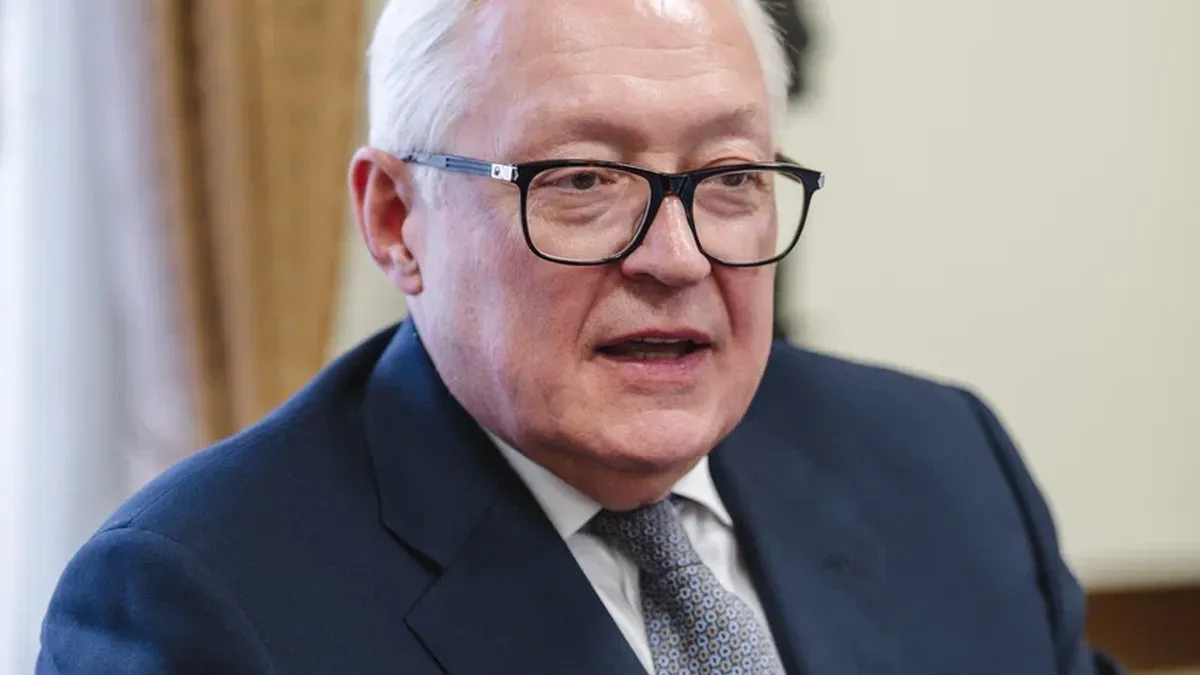There was a lot of controversy about France’s new migration law. Star chefs are now protesting, demanding the integration of undocumented kitchen staff and appealing: We need migrants.
Star chefs and France’s hospitality industry are mobilizing against the new migration law, which, unlike initially planned, hardly makes it easier to integrate employees without a residence permit.
“Our kitchens are and must remain places of cosmopolitanism, sharing and hospitality,” it said in a call. Many positions in the catering industry are filled by foreigners and there are 200,000 vacancies nationwide. “We need migrants interested in our jobs in large numbers, in a sector that can and must train, employ and develop tens of thousands of people.”
“We will always put talent, desire and courage before nationality, origin or residence status,” continued the call, which, according to a report by the broadcaster BFMTV, has already been signed by 200 personalities from the catering industry. “We reject this immigration law and demand a real integration policy, especially through work, for the benefit of our industry and for society as a whole.”
What does the law want?
The new law pushed by President Emmanuel Macron was actually intended to give employees without a residence permit in professions with a staff shortage a quicker chance of staying. Due to pressure from the conservative opposition party Les Républicains, on whose votes Macron’s center camp depended when the law was passed in December, this easing will only come in a limited form.
But the law is not yet in force. Since the government has constitutional doubts on some points, it has submitted the law to the Constitutional Council. The council is now examining the law and wants to announce on January 25th whether any passages need to be improved. Protests are planned across the country next weekend against the law, which is intended to better regulate migration but also fundamentally improve integration.
Source: Stern
I have been working in the news industry for over 6 years, first as a reporter and now as an editor. I have covered politics extensively, and my work has appeared in major newspapers and online news outlets around the world. In addition to my writing, I also contribute regularly to 24 Hours World.




